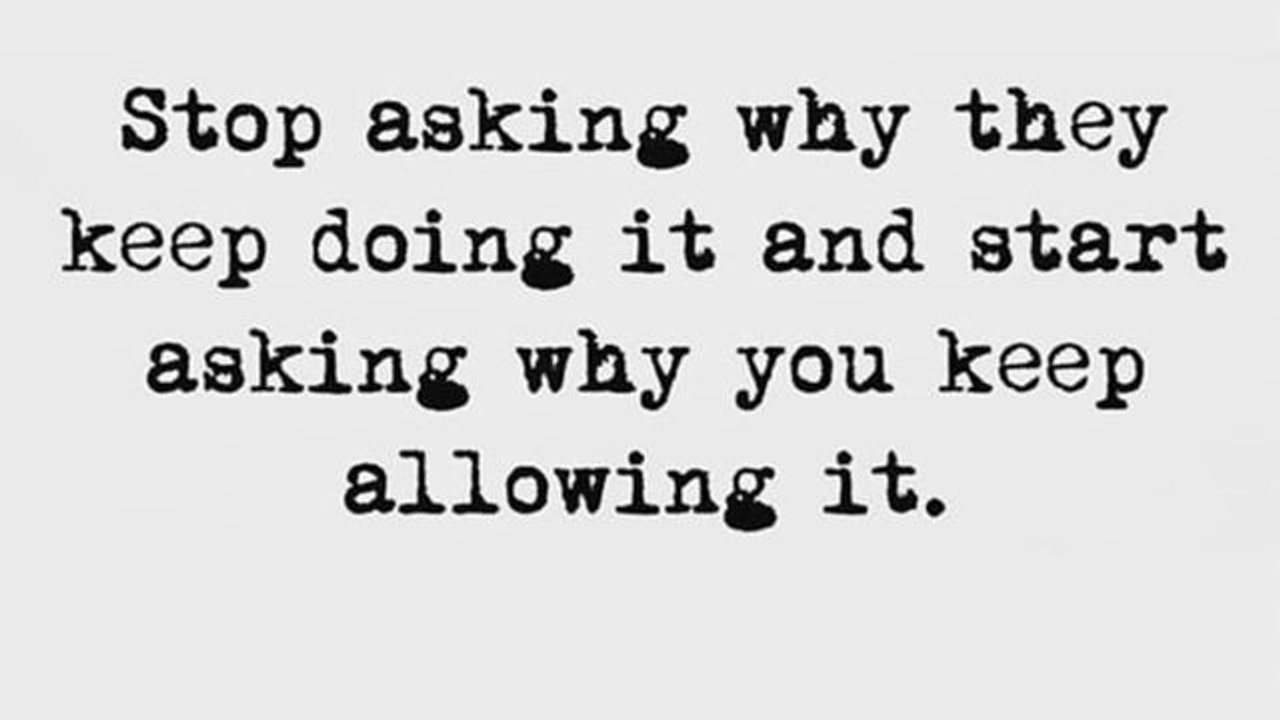More on Boundaries

How to turn social skills training into a positive support for your child, and why boundaries are so crucial for us all.
Last week, someone I thought I knew better than most people in this world has left me in doubt and questioning every single thing they said to me.
It’s a time of sadness and reevaluation. It’s a time for me to set boundaries.
All anyone can do is live and learn and feel care and kindness for the past ‘us’ who made less informed choices.
It’s so easy to look back and feel anger about what people have done, to want to pursue conflict or get revenge, but the best way forward is always all about boundaries.
As an undiagnosed autistic child and adult, with adhd I didn’t know anything about boundaries before meeting Nina Farr.
I feel certain now, in understanding my disability, that my lack of boundaries and vulnerability to grooming and lying has been based on my inability to notice and decipher neurotypical behaviour.
Im unsure if people are safe. Or kind. Or being honest. I believe people without question. If they show interest in me or share my interests. I will defend them and they can almost do anything to me without me knowing for certain they are unsafe.
I need others around me often to confirm this.
I spoke to a parent recently about social skills training. She was worried, as are so many about this being pushed onto their children. It’s seen as training, to be more normal. To fit in. To follow the curve.
I’m going to say something now which might be shocking… Not having education around social skills and interaction is the one biggest loss I have about being late diagnosed.
I’m not talking about anyone telling me what I needed to change. But I’m talking about being educated, like I was taught French or History to understand “Social behaviours” “Safe behaviours” “Red flags” “How to set boundaries” “How to find safe people to translate strange behaviours that bewildered me” “How to understand relationships and spot danger”.
See Social skills education for me could have changed my life.
I continue to this day, like many other neurodiverse adults to trust the wrong people. Not set safe boundaries and have an inability to know who is kind and who is harming me.
This week I met up with Nina and she said to me, boundaries must be all about what we can do to protect and remove ourselves from trauma and upsetting situations. They are not about changing, hurting other people or making other peoples lives more difficult. It’s all about ourselves.
Nina will be creating a section around boundaries in our membership. Boundaries in relationships, with our children and with our partners, families and education staff and professionals.
Think of it like social skills training for adults. Where we learn to develop stronger skills. Making it clear what we will and won’t participate in, be that conflicts or ways of communicating etc.
I hope we can also help families to think about not necessarily removing social skills education or training, but looking at ways to make it more relevant and life changing for vulnerable children and young people.
We can only work forward now. Supporting ourselves and our children to feel and be safer on our journeys.
Want updates and news to your inbox?
We hate SPAM. We will never sell your information, for any reason.


